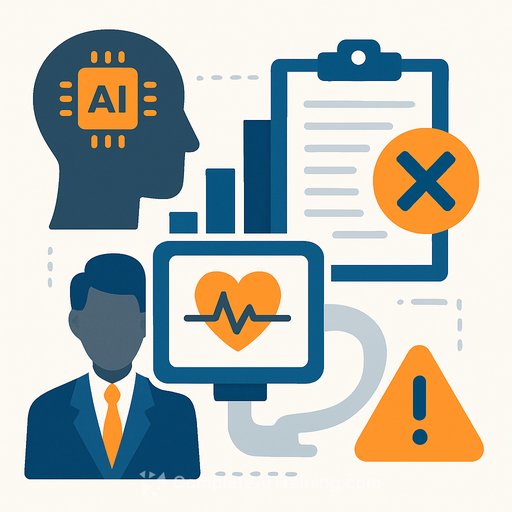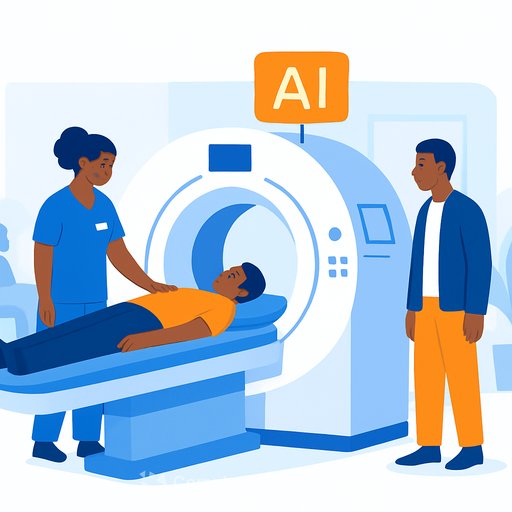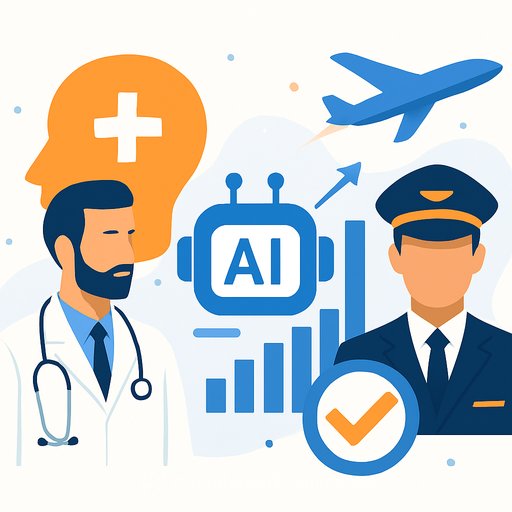Public Companies Linked to 92% of AI Medical Device Recalls
New research highlights a concerning trend: most recalls of AI-enabled medical devices are tied to publicly traded companies. Many of these devices, cleared through the FDA 510(k) pathway, often lack sufficient clinical validation before reaching the market.
The study, published in JAMA Health Forum, analyzed recalls of AI medical devices approved by the FDA. By mid-2025, the FDA had cleared over 1,200 AI-enabled devices, reflecting the growing demand for AI in healthcare. However, the 510(k) clearance process does not require prospective human testing, allowing devices with limited clinical evidence to enter clinical use.
Key Findings on Device Recalls
- Out of 950 AI-enabled medical devices reviewed, 60 devices were linked to 182 recalls, averaging three recalls per device.
- The majority of recalls involved diagnostic or measurement errors (109 recalls), followed by functionality delays (44), physical hazards (14), and biochemical hazards (13).
- Publicly traded companies produced 53.2% of AI devices but were responsible for 91.8% of all recalls.
- About 77.7% of recalled devices from established public companies lacked clinical validation versus 40% for privately held companies.
- Being a public company was associated with a nearly 6 times higher likelihood of device recall.
- Nearly half (43.4%) of AI device recalls occurred within the first year after FDA clearance, double the recall rate for all devices cleared via 510(k).
This data suggests that the current FDA 510(k) process may not fully capture early performance failures of AI technologies. Limited pre-market testing and clinical validation can lead to safety risks once these devices are in use.
Implications for Healthcare Professionals
For those working in healthcare, understanding the limitations of AI device approvals is critical. Many AI tools are entering clinical settings without thorough human testing, increasing the risk of diagnostic errors and other hazards. This makes vigilance essential when adopting new AI-powered devices.
To reduce recall risks, the study recommends stronger requirements for prospective clinical evaluation before approval, along with enhanced post-market surveillance. These steps could help ensure AI devices meet safety and reliability standards before widespread clinical use.
As AI technology integrates deeper into healthcare, maintaining trust depends on rigorous validation and transparent regulatory oversight. The FDA's evolving guidance aims to balance innovation with patient safety, but healthcare providers should stay informed on device performance and recall trends.
For professionals interested in expanding their knowledge on AI in healthcare, exploring targeted training can be valuable. Comprehensive courses on AI applications and regulations are available at Complete AI Training.
Your membership also unlocks:





